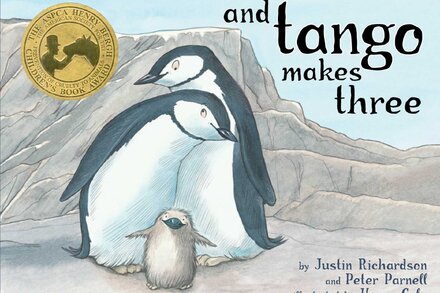
A Florida appellate court has rejected a free speech argument made by plaintiffs challenging the removal of several books from public school libraries in Escambia County. The decision upholds a lower court’s ruling, reinforcing the discretion of school boards in managing library collections.
The First District Court of Appeal issued its judgment in a case that has drawn national attention to ongoing debates over censorship and educational autonomy. The lawsuit was filed by a group of plaintiffs, including parents and PEN America, contending that the removal of numerous titles from school shelves violated the First Amendment rights of students.
Background of the Dispute
The dispute originated in Escambia County, where a significant number of books, including notable titles like “And Tango Makes Three,” were removed or restricted from school libraries. The plaintiffs argued that these removals disproportionately targeted books addressing themes of LGBTQ+ families, racial history, and other diverse perspectives, constituting viewpoint discrimination by the school board.
They asserted that students have a constitutional right to access a wide range of information and ideas in school libraries, and that the systematic removal of books based on their content amounted to an unconstitutional suppression of free speech.
The Free Speech Argument Rejected
However, the appellate court disagreed with the plaintiffs’ interpretation of students’ First Amendment rights in this context. In its written opinion, the court clarified the boundaries of constitutional protections within public education settings.
“While students undoubtedly possess First Amendment rights, these rights do not, absent clear evidence of unconstitutional intent to suppress ideas, extend to compelling school boards to retain specific books in their library collections,” the court stated in its ruling. “Decisions regarding library acquisitions and de-accessions, when made through established policies and for legitimate pedagogical reasons, fall squarely within the purview of local educational authorities.”
The court’s decision emphasized the distinction between the open marketplace of ideas outside schools and the more structured environment of a public school library, where officials have a degree of discretion to shape the curriculum and resources available to students. It concluded that the plaintiffs did not demonstrate that the Escambia County School Board’s actions were driven by an unconstitutional motive to suppress particular viewpoints rather than by a legitimate exercise of their authority over school resources.
Implications of the Ruling
This ruling could have significant implications for similar challenges to book removal policies in Florida and potentially beyond. It provides a legal precedent that may bolster the position of school boards facing lawsuits over decisions to remove or restrict books based on content. Critics of the ruling, however, argue that it creates a chilling effect on intellectual freedom and could lead to further limitations on diverse materials in school libraries.
The plaintiffs have not yet indicated whether they plan to appeal the decision to the Florida Supreme Court.
Source: Read the original article here.





